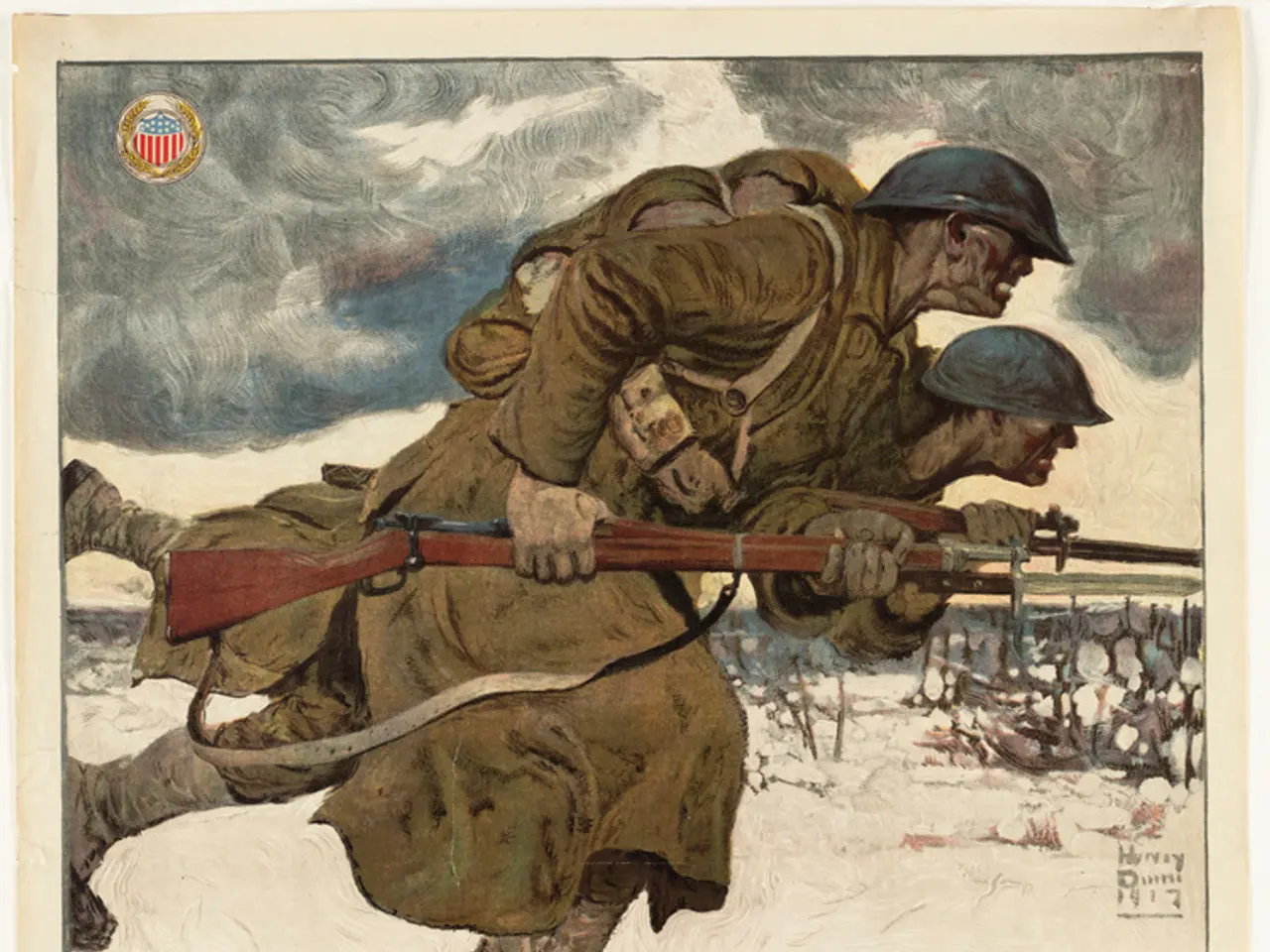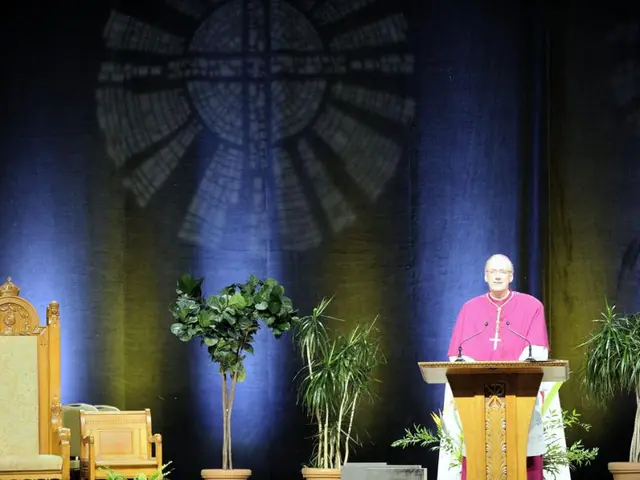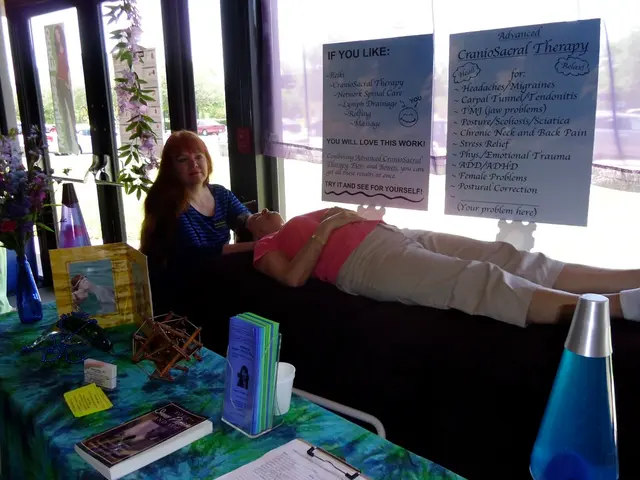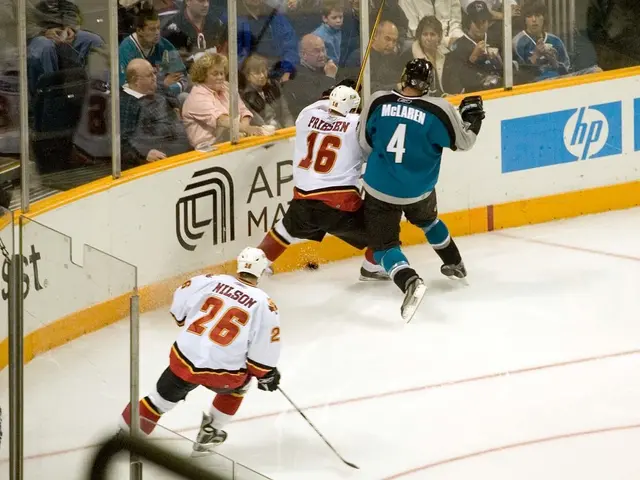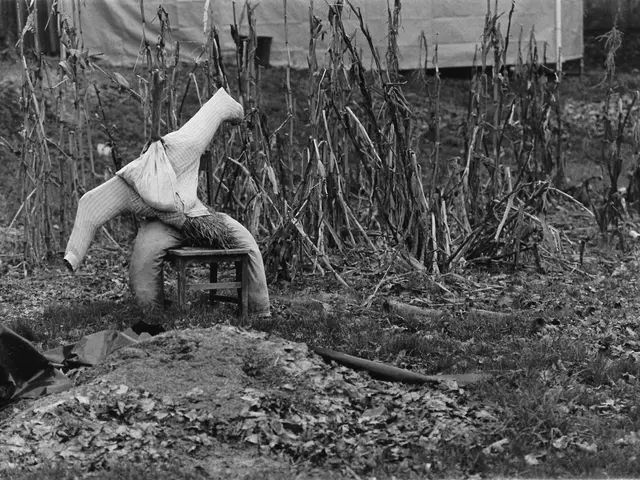Lebanon's Modernized Sunnis Faction
In early September, Parliamentarian Faisal Karami hosted a significant gathering at his summer residence in Bqaa Sifrin. The banquet brought together figures from opposing ends of Lebanon's political spectrum, including Hassan Mrad, Adnan Traboulsi, Taha Naji, Fouad Makhzoumi, Ashraf Rifi, Abdel Rahman al-Bizri, Bilal Hasheimi, Ahmad Kheir, Abdel Aziz al-Samad, Waddah Sadeq, Mohammed Yahya, and Nouhad Machnouq.
The honoree of the banquet, Sheikh Abdel Latif Derian, emphasised the importance of strengthening Lebanon internally and called for a unifying approach that fortifies the nation in the face of crises. Derian also confirmed his support for the Lebanese government's decision to restrict weapons to the state, a decision that has been backed by a majority, including those who were once allied with Hezbollah.
The gathering reflected a shift in the Sunni community's political alignments. The Sunni political landscape has reconstituted itself along relatively clear lines, with a coalition aligned with Saudi Arabia and the Future Movement expressing harsher positions regarding Hezbollah. This development comes as the upcoming parliamentary elections, scheduled for 2022, are expected to persist with these divisions, with attempts to forge a coalition among the remaining forces, with Saudi Arabia acting as the sponsor.
The Future Movement figures are currently gathered in the Moderation Bloc. However, there has been growing talk of reviving a reform-oriented current within the Sunni community, but it is not expected to fundamentally alter the Sunni community's broader alignment with Saudi Arabia.
Meanwhile, the Jamaa al-Islamiyya, despite being a target of the state's disarmament process, continues to advocate for the legitimacy of armed resistance. This stance has left the organisation isolated, leaving it openly exposed to potentially existential risks. In response, a clear message was conveyed to the Jamaa al-Islamiyya that it must tread carefully regarding weapons, with consequences extending to the entire organisation, not just its military wing.
Imad al-Hout of the Jamaa al-Islamiyya met with Lebanese President Joseph Aoun to present a proposal for a "national defense strategy." The Lebanese army announced that the case of ten imprisoned Jamaa members is not terrorism-related.
In the recent municipal elections in Tripoli and Beirut, coalition lists have faced resistance from Sunni electorates. This resistance is a reflection of the growing discontent within the Sunni community with the current political landscape and a call for change.
The Jamaa al-Islamiyya has been advocating for a national defense strategy since 2006. However, the organisation's stance on armed resistance and its isolation within the political sphere have made it a challenging prospect for any meaningful dialogue or cooperation.
As Lebanon moves towards the next parliamentary election in 2026, the political landscape is poised for significant change. The question remains whether the current divisions will persist or if a more unified front will emerge to address the challenges facing the nation.
Read also:
- United States tariffs pose a threat to India, necessitating the recruitment of adept negotiators or strategists, similar to those who had influenced Trump's decisions.
- Weekly happenings in the German Federal Parliament (Bundestag)
- Southwest region's most popular posts, accompanied by an inquiry:
- Discussion between Putin and Trump in Alaska could potentially overshadow Ukraine's concerns
